Friends
Forever
James Dearing & the Washington Artillery
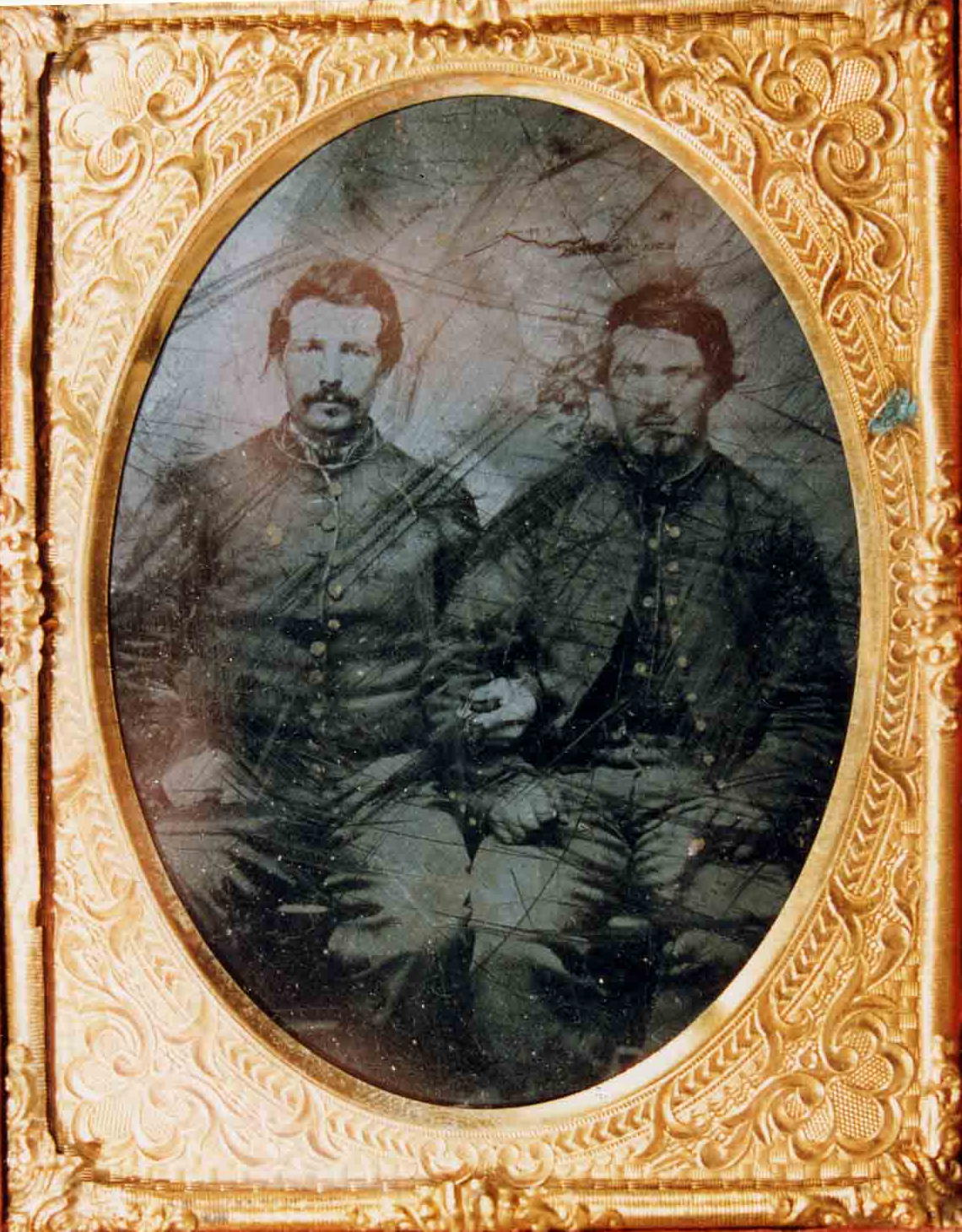
“Happier Times”
This rare
sixth plate tintype image is of Lieutenants Isaac Brewer of Maryland (left) and
James Dearing of Campbell City, Virginia (right) of Third Company, Washington
Artillery, probably taken in Richmond, Virginia in 1861. Isaac Brewer, a lawyer
working in New Orleans at the outbreak of the war, joined the Washington
Artillery prior to the unit’s departure for Virginia in 1861. While camped with
the unit outside Richmond he became a friend of James Dearing of Virginia.
Dearing had recently resigned as a cadet of West Point to receive a commission
in the Confederate Provisional Army and was assigned to the Washington Artillery
as a valuable artillery instructor. Brewer would die at Rappahannock Station
August 23, 1862, while his friend, then General Dearing, found the same fate
three years later at High Bridge on April 6, 1865. Dearing would have the
unfortunate honor of being the last Confederate general to die in the War
Between the States.
The following
is the incredible story of two friends destined for the same mortal fate.
James
Dearing was born on April 25, 1840 in Virginia. He entered West Point Academy in
1858 and immediately displayed a rebellious attitude. A fellow cadet described
him as “a reckless, handsome boy” who introduced the tune “Dixie” to the
academy, earning him the reputation of secessionist and demerits from his
superiors. Dearing resigned that institution on April 22, 1861, only three days
short of his twenty-first birthday, and joined the Washington Artillery upon its
arrival to Richmond in early July 1861 with fellow cadet and friend Thomas
Rosser. Dearing stayed with the company for the first year of the war, but
thereafter left the unit to steadily rise in rank to Brigadier General. He
caught the admiration of General James Longstreet who noted his “conspicuous
courage and energy.” By 1864 he had commanded both Pickett’s and W. H. F. Lee’s
cavalries. Dearing holds the unfortunate honor of being the last Confederate
general killed in the war. On April 6, 1865, while defending the Washington
Artillery’s retreat to Appomattox, Dearing’s brigade encountered Federals at
High Bridge over the Appomattox River. Dearing rode to the brigade’s front,
where he became engaged in a pistol duel with Union Lt. Col. Theodore Read. Read
died instantly in the exchange, but Dearing sustained a mortal wound, dying
April 23rd, a full two weeks after Lee’s surrender. This image
reveals a young Dearing with an eerie look of death. No details of his blue eyes
can be seen due to his blinking during the photo-taking process. In hindsight,
this ghostly effect to his eyes appears to reflect an ominous sign of Dearing’s
fateful future.
Isaac William
Brewer was also born of good stock. The Brewer family of Maryland had raised a
large family of distinguished siblings, some lawyers and doctors. Four of its
sons volunteered for military duty, much to the dismay of their parents.
Maryland was a border state whose citizens had mixed loyalties over the war.
This schism between loyalties to the North and South also held true for the
Brewer family. Political beliefs to these opposing “causes” tore its members
apart and gave true meaning to the term often used about the war, “brother
against brother.” One physician brother, John Jr., stayed loyal to the Union.
The other three joined the Confederacy. One of these Confederate loyalists was
Isaac William Brewer. A lawyer living in New Orleans at the outbreak of the war,
Isaac joined as private in the Second Company Washington Artillery, while his
brother Charles (Charley), a physician, became one of only two surgeons chosen
to the Confederate Provisional Army’s medical staff to the Surgeon General’s
Office in Richmond. Another brother Richard (Dick) became Lieutenant Colonel of
Cavalry.
Isaac wrote
the following letters to his family in the early months of the war. His letters
reflect the political and emotional conflicts that erupted between his family
members over the war. Throughout all the letters, a sense of religious
righteousness prevails.
Camp Louisiana
near Manassas June 30,1861
(Camp
Louisiana was the name of the Washington Artillery camp near Mitchell’s Ford on
Bull Run, Virginia prior to the battle of Manassas and the beginning of the war)
Dear Father,
Mother, Sister, and Brothers,
In a few hours
we leave here to take part in an anticipated battle & at my own request I occupy
the most dangerous position on the gun; it may be the last opportunity for me to
write. It pains me to think that a family who has lived so united & harmoniously
together should now be divided, and yet I do not think that because we are
politically divided that we should cherish any hard feelings towards each other.
God knows I have none towards any member of our family with the same deep love
that I have always felt towards them. I feel that in acting as I am doing, I am
conscientiously doing my duty. I could not have remained in New Orleans &
retained the respect of my friends there, when persons were leaving their homes
& families to defend them, it was not for me to stay. I believe our cause is a
Holy one & should I fall at the side of my gun, it will be with a firm & abiding
trust in The Great God, who has thus far kept & protected me. When I was in
Richmond the Secretary of War (Leroy Pope Walker) told me that if I were
wounded, he would send Charley on to nurse me, so I will be well taken care of,
if anything should happen. O! How much I should like to see my old home once
more. I am always thinking of it & wondering what you are doing. I think if I
could ramble over the old farm once more, I would die content. I must, however,
remain at my post till I fall & till the last enemy falls behind the last
rampart, as sure as the sun shines we will drive them out of Virginia & the
Washington Artillery with their sixteen guns will do their part. And now goodbye
to you all, I wish I could write to all separately, but I have no opportunity as
I am now sitting on the ground, writing on my knapsack, but you all know I love
you the same.
Affectionately,
I. W. Brewer
Following the
battles of Blackburn’s Ford and Manassas he again writes home,
Camp Orleans
Sep 13th 1861 On the battlefield (Hall’s Hill, Virginia)
My Dear
Mother, I am well, very well, but have had very narrow escapes in both battles.
In one had my horse killed at my side. I have also been promoted (to sergeant) &
mentioned warmly by my Commander in his report. I suffer much in mind, being
separated from you all & much more when I think we are some of us, separated in
opinion, almost fighting against each other. It almost weighs me down to the
ground sometimes to think of it but I can only trust in God & do my duty, God
grant that we may meet once again. But if I should fall in this great battle for
Liberty, I am satisfied. I have & will always love you all. May God prosper
the just cause. Give my love to my father & to all my brothers & sisters. O!
How I would love to see them all. In the terrible fight of Sunday, I thought of
you all amid the roar of cannon & rattle of musketry & thought that just at that
time you were going to our little Church & I expecting every moment to fall &
die in the battle field, but I felt cool & ready to die.
Your
affectionate son,
I. William
Brewer
By January of
1862 the Washington Artillery was bivouacked at Centreville, Virginia near the
headquarters of General Beauregard. From there Brewer, now First Lieutenant,
sent this letter home.
Camp Hollins
Jan 2nd 1862
My Dear Mother,
I am very well
& very comfortable in every way. The Battalion to which I belong is the pet of
the whole army here, and I am treated with the greatest kindness by everyone.
There is almost daily communication now between the North & South by flag of
truce by way of Norfolk. You can write in that way leaving your letter open as
of course it will be inspected by the Yankees, so don’t say anything that you do
not want them to see. Dick is well. He is Lieut. Colonel of Cavalry & has
already distinguished himself on the field of battle. Charles & Maria are also
well. Do not be distressed about us my dear mother. We are all in the hands of
Divine Providence. I have the bible that you gave me. It was with me in both the
bloody battles & I often, very often read it. I wish I could send you my
dequarretype [sic] but fear it would never reach you. I am so fat that you would
hardly know me. I am well my dear mother! You must not all be too hard on John.
Why should father be so bitter towards us when we are only following out the
principles he instilled into us?
Your
affectionate son,
I. W. B.
The pictured
tintype of Isaac Brewer sitting with friend Lt. Dearing is probably the image to
which he refers above. Eight short months later Isaac would be killed while
under heavy enemy fire in the battle of Rappahannock, August 23, 1862. His death
was documented in Napier Bartlett’s book, A Soldier’s Story, “Lt.
Brewer’s horse went galloping back, with an empty saddle, (leaving his rider
dying on the field) to the very officer to whom it had been promised that day,
in case its owner should be killed. Lt. Brewer sent word to his friends at home
that he tried to live like a Christian and die like a soldier.” William Miller
Owen confirmed the fateful sight, “A wounded horse dashed by us with an
officer’s sabre strapped to the saddle. I recognized it at once as that of
Lieut. Brewer, who was brought off the field in a dying condition.” In his
official report Colonel Walton wrote, “I have to lament the loss, in this
engagement, of a zealous, brave, and most efficient officer, in Lieut. Brewer,
Third Company Washington Artillery, who fell at the head of his section at the
moment it was being withdrawn from the field.”
The poorly scratched condition of the tintype, found
among his wartime letters, may suggest that it was carried with him during the
war and returned with his belongings after his death.
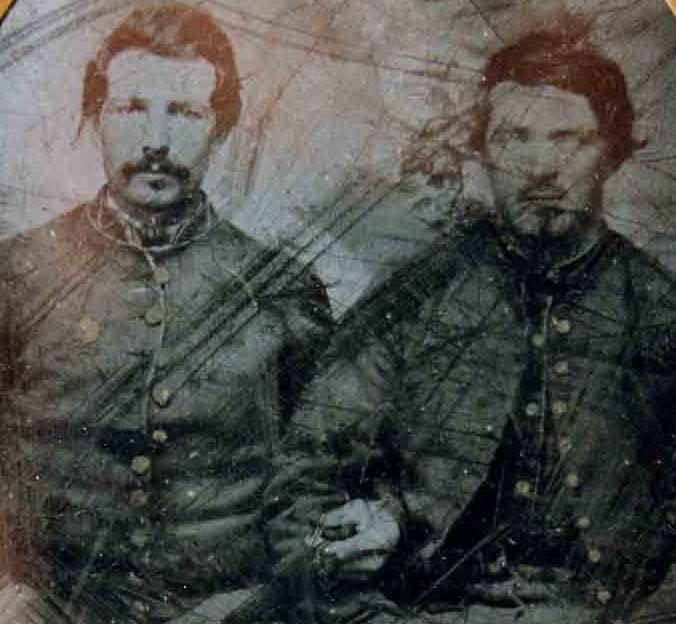
Isaac William Brewer & James
Dearing
Friends Forever!
Note Brewer’s
WA badge.
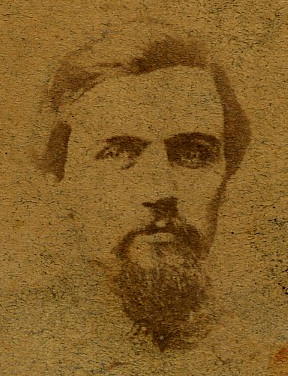
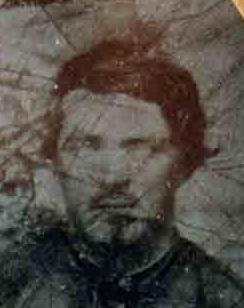
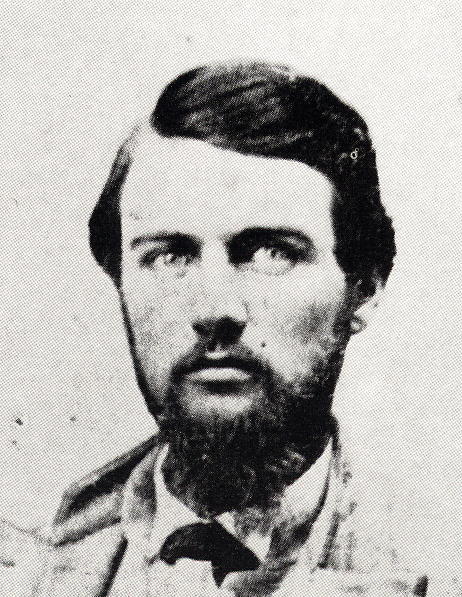
Comparison of
images of James Dearing
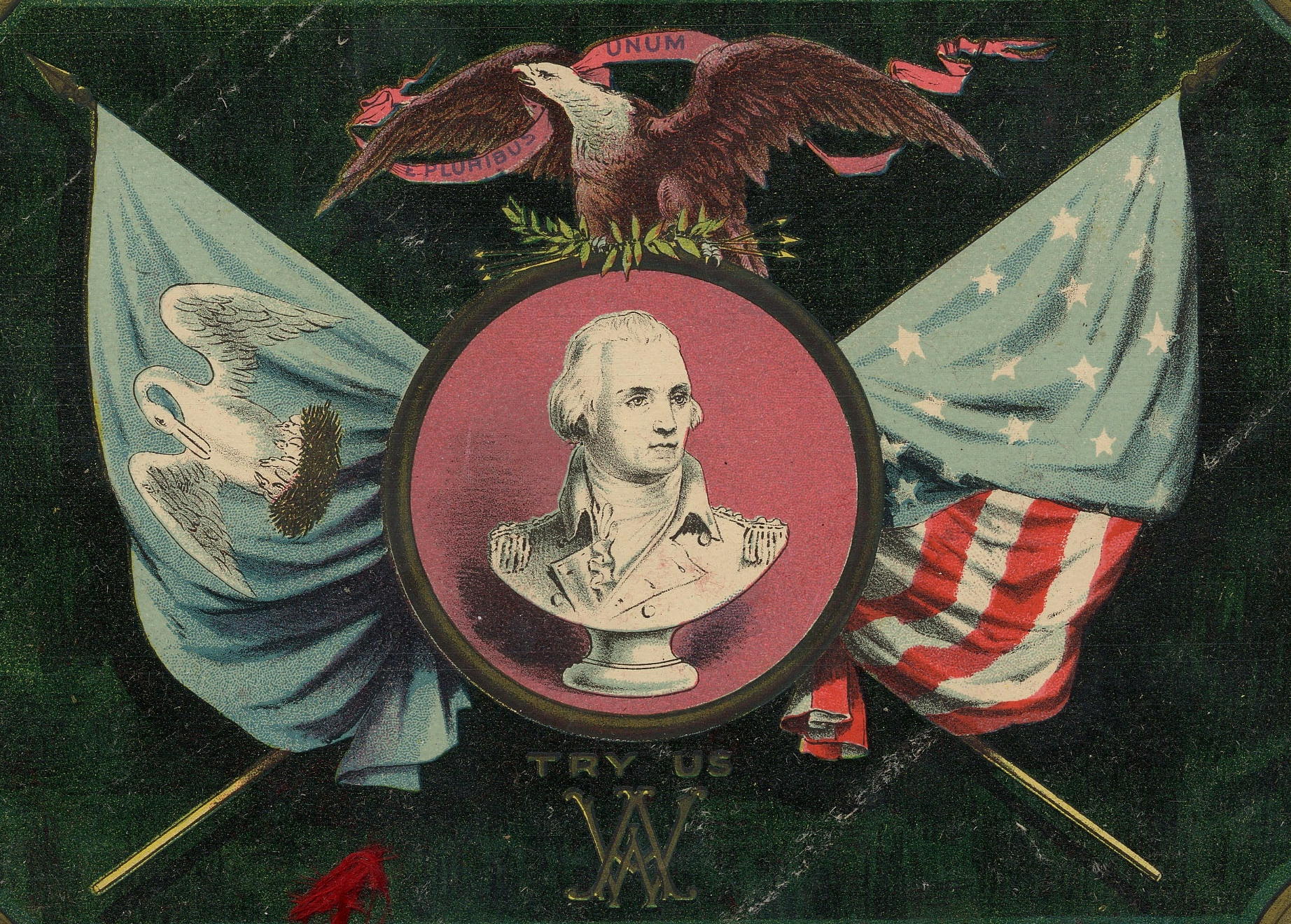
HOME